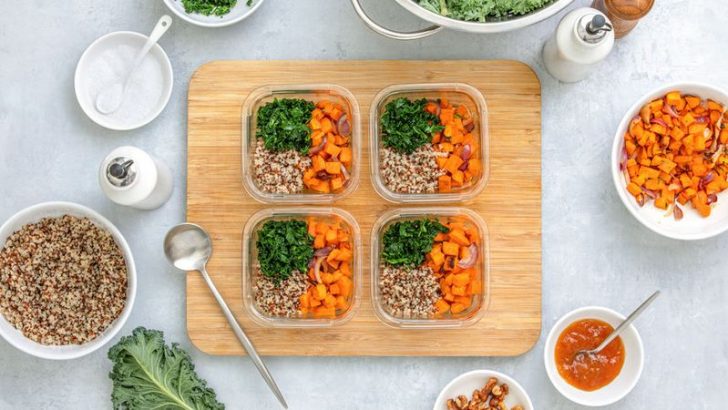In today’s fast-paced world, finding ways to save time and money at home can make a significant difference in our daily lives. Adopting efficient household habits not only streamlines chores but also leaves more time for family and personal pursuits.
1. Meal Planning Magic

Imagine transforming dinner time from a stressful event into a seamless process. Meal planning is a method that allows you to pre-determine your meals for the week. By doing so, you minimize last-minute grocery runs and reduce food waste.
With a plan in place, you purchase only what you need, which saves money. Moreover, it encourages healthier eating habits as you’re less likely to order takeout. Meal planning becomes a family activity, involving everyone in deciding the weekly menu. This not only assures balanced nutrition but strengthens family bonds over shared responsibilities.
2. Batch Cooking Sundays
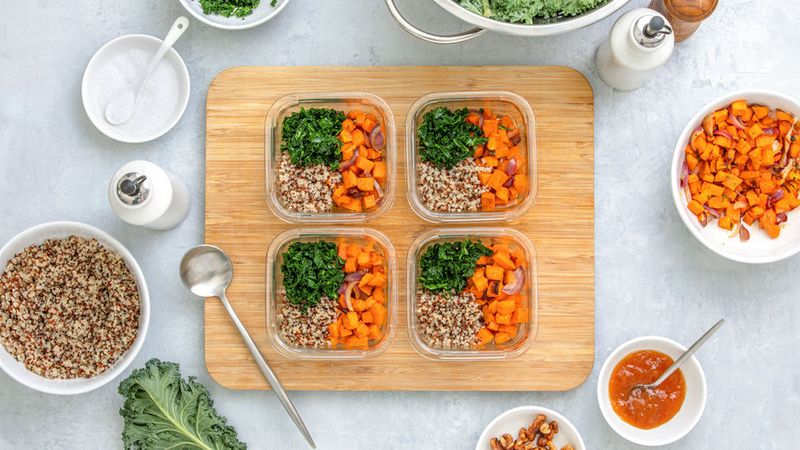
Batch cooking transforms Sunday afternoons into productivity powerhouses. By preparing meals for the week ahead, you ensure quick and easy dinners on busy weekdays.
The concept is simple: cook large portions of staple foods like grains, proteins, and vegetables. Store them in containers, ready to be combined into various dishes. This habit not only saves time but also money, as buying in bulk is generally cheaper.
Additionally, it limits impulse purchases during the week, ensuring that your diet remains healthy and balanced. Batch cooking is your weekday savior, freeing up evenings for relaxation.
3. Energy-Efficient Living
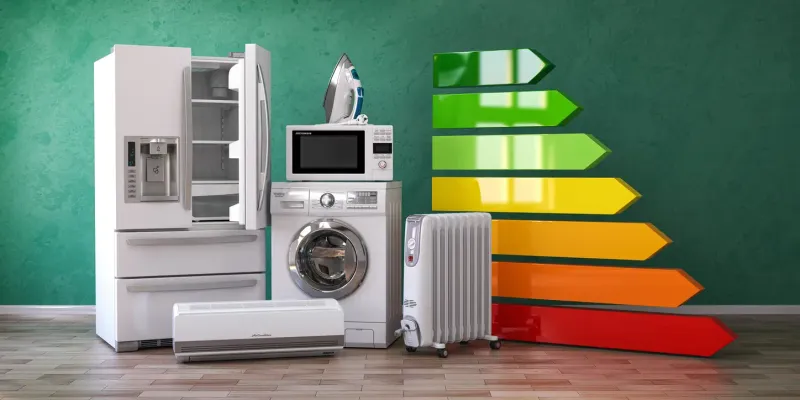
Efficiency takes center stage in the eco-friendly home. Implementing energy-saving habits such as using LED light bulbs and programmable thermostats can drastically cut utility bills.
These energy-efficient products are not only better for the environment but also kinder on your wallet. By investing in technology that regulates electricity usage, you contribute to a sustainable future. Plus, the savings on energy bills can be redirected towards other household needs or saved for future expenses.
Small changes in energy habits make a substantial financial impact, proving that every little bit counts.
4. The Power of Decluttering

Decluttering isn’t just about tidying up; it’s about transforming your living space into a sanctuary. By removing unnecessary items, you create an environment that fosters calm and focus.
With less clutter, cleaning becomes quicker and more efficient. You also avoid duplicate purchases, as everything is easily accessible and organized. This habit can lead to financial savings and improved mental clarity.
A decluttered home reflects a decluttered mind, allowing for greater productivity and peace. Investing time in organization pays off in more ways than one.
5. DIY Cleaning Solutions
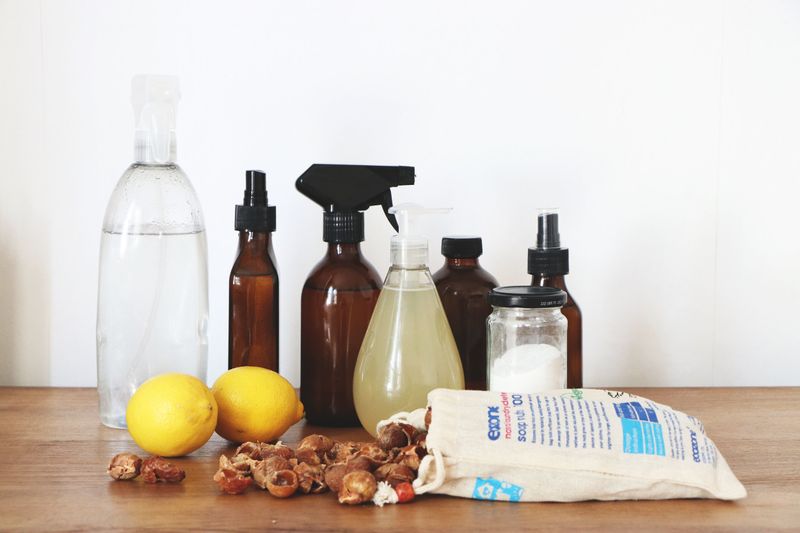
Imagine a home that’s sparkling clean without the harsh chemicals. DIY cleaning solutions offer a natural and cost-effective way to maintain your living space.
Utilizing common household ingredients like vinegar and baking soda, you create effective cleaners for various surfaces. This not only saves money but also reduces exposure to potentially harmful substances.
These homemade solutions are environmentally friendly, contributing to a healthier planet. Embracing DIY cleaning methods transforms chores into a creative and rewarding experience.
6. Rainwater Harvesting Innovation
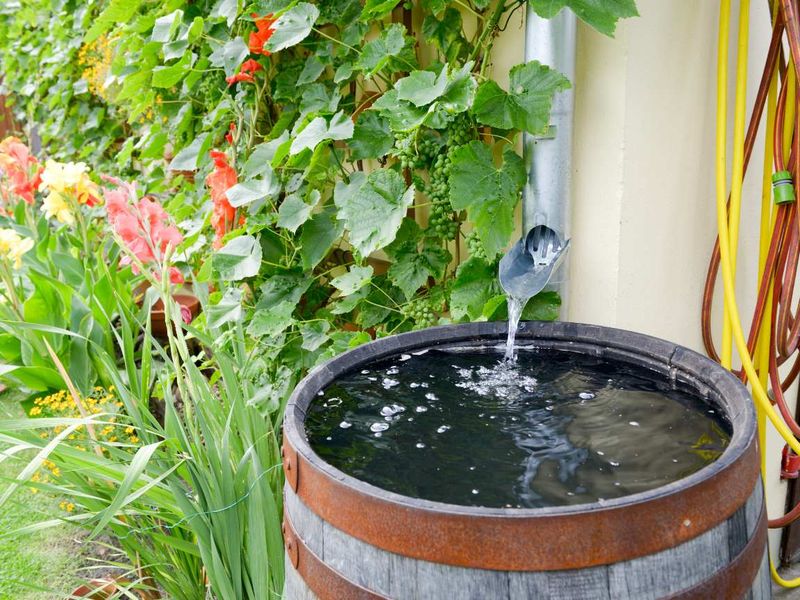
Harnessing nature’s resources through rainwater harvesting is both innovative and practical. By collecting rainwater, you ensure a sustainable water supply for gardening and other non-potable uses.
This practice reduces your water bill and supports eco-friendly living. Installing a system to capture rainwater can be a fun weekend project that involves the whole family.
Not only does it benefit your household, but it also promotes conservation efforts. It’s a simple yet impactful way to contribute to environmental sustainability.
7. Composting for a Greener Future
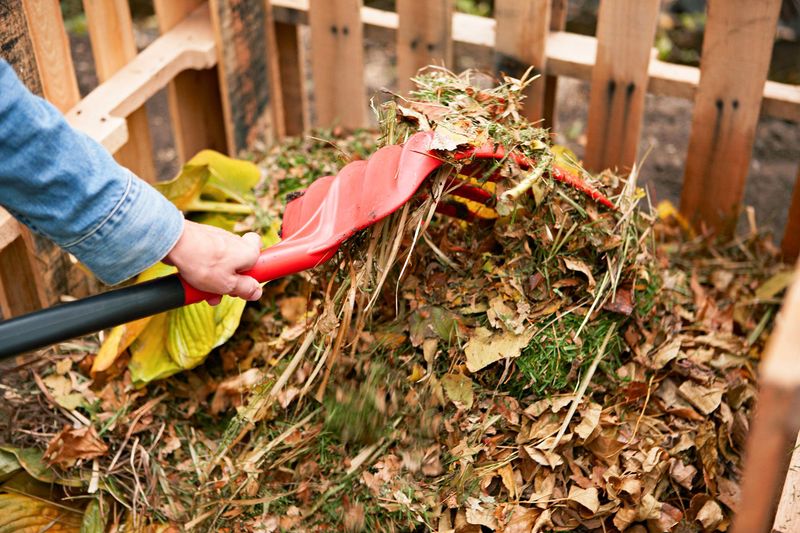
Composting turns waste into a valuable resource for your garden. By recycling kitchen scraps and yard waste, you reduce landfill contributions and create nutrient-rich soil.
This habit fosters sustainable living and leads to significant savings on gardening expenses. Composting is an educational tool for families, teaching children about the cycle of growth and decay.
It’s a commitment to a greener future, turning everyday waste into a beneficial product for your home. The rewards are a flourishing garden and a reduced carbon footprint.

